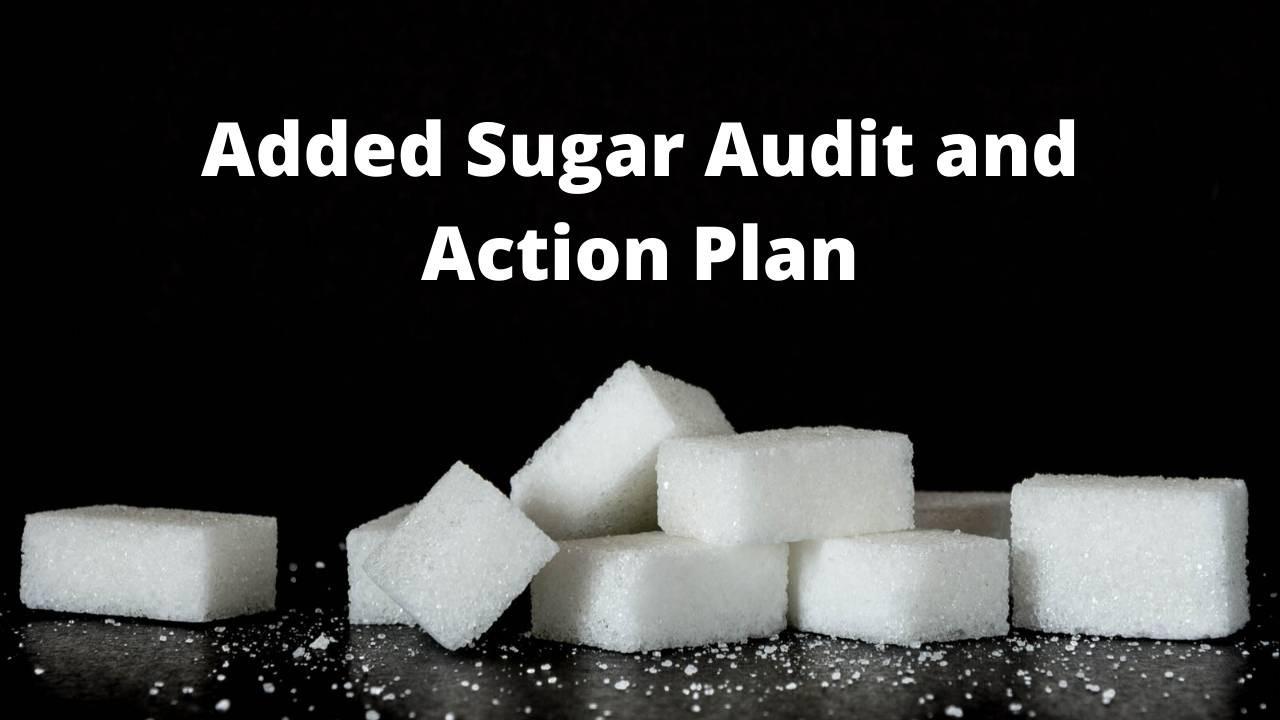How to Use Tiny Habits to Improve Your Health

Ready, Set...Fizzle
Karl* wants to get back into the habit of running regularly. He's gained about 10 pounds over the last 2 years, and where he used to regularly hit the trails about 5 times weekly, lately he's "just not motivated" to get out the front door.
Do you have anything like this in your life? Do you have a habit or routine you'd like to start, but either you just can't seem to get traction, or you start but find the habit impossible to maintain?
I certainly do. Let me give you a personal example. I've always wanted to become a "journaler," routinely writing about my days, what I'm learning, what challenges I'm facing, memorable events, interesting conversations, and the like. I've heard it's helpful for learning and progressing past challenges, and can be good for dealing with stress. I've tried several times to make journaling a habit, but I've never been successful. I've never been able to make it stick.
Contrast that with my morning "wake up" exercise routine. I deci...
A Nutrition Lesson for People Who Don't Want to Eat Keto

Headlines won't always tell you the whole truth
I'd like to come back to the question of "what's the best diet?" This week let's look at a study that compared a low carbohydrate ketogenic diet vs. a low glycemic index diet. Take a look at the authors' conclusion from this study (bold text mine):
"Dietary modification led to improvements in glycemic control and medication reduction/elimination in motivated volunteers with type 2 diabetes. The diet lower in carbohydrate led to greater improvements in glycemic control, and more frequent medication reduction/elimination than the low glycemic index diet. Lifestyle modification using low carbohydrate interventions is effective for improving and reversing type 2 diabetes."
You might read this and conclude you need to follow a ketogenic diet, and that a low glycemic index diet is not good. But let's dig a little bit.
It is true that participants in the ketogenic group lost more weight, had a bigger blood sugar drop, and were able to stop m...
Your Highly Processed Food Audit and Action Plan

"Overfed and Undernourished"
One hundred years ago, if you ate a food that had calories, it also contained nutrients - vitamins, minerals, and other small molecules that help your body produce energy, heal itself, and fight infection and cancer. Over the last 70 years food production has changed substantially, leading to the introduction of many calorie dense foods that are depleted of their natural nutrient value.
Many foods are produced using inexpensive fats and grains that have been stripped of their natural nutrients, and these fats and grains are mixed with salt and sugar to become "highly palatable" (think hard to stop eating, more below) and with chemicals that help preserve stability and shelf life. Unfortunately, these have adversely affected our health by contributing to weight gain and insulin resistance, weakening our immune systems, and increasing the risk of certain cancers.
These weight gain caused by such poor quality foods in our food supply led one nutrition resea...
Your Added Sugar Audit and Action Plan

Time for an Added Sugar Audit
Today we'll focus on reducing or eliminating added sugar from your diet. But before we get to that, let me give you some background information.
What's the best diet?
Time and again I get asked, "what's the best diet?" There is so much confusion and hype in the nutrition and weight loss industries that it's hard to know what's best. This can leave you feeling confused, frustrated, and even overwhelmed when you try to improve your nutrition.
This past week I was reviewing studies published by Dr. Dean Ornish, including this powerful study which showed that heart disease could be effectively treated with a healthy diet, exercise, and stress reduction. With these measures, the amount of plaque buildup in people's arteries actually decreased over 5 years, compared with an increase in the "usual care" control group.
While the Ornish diet focuses on a whole-food, plant-based, low fat approach, it is just one example of a healthy eating style. Studies show t...
Thoughts About Intermittent Fasting and Diabetes, Weight Loss, and Health
Overview of intermittent fasting and how this might be a useful tool to help manage diabetes.
Discussed in the video:
- Different types of intermittent fasting
- Time restricted feeding (such as 16:8)
- 5:2 Intermittent fasting
- Alternate day fasting
- Studies of intermittent fasting and diabetes
- How intermittent fasting might influence two metabolic pathways to create benefit
- Muscle building pathway (mTOR)
- Repair pathway (AMP-K)
- Recommendations for people with diabetes considering intermittent fasting
The Diabetes Fire Triangle and How Many Carbs You Can Eat

The Diabetes Fire Triangle and How Many Carbs You Can Eat
"You have diabetes.”
Jane was not surprised to hear those words. Many people in her family already have diabetes, including both her parents. She’d been thinking she needed to make some changes in her life for a few years, but she never quite got around to it, and the few things she tried never really stuck as new habits. She took a deep breath and sighed.
With her new diagnosis, Jane knew she couldn’t put off her health any longer. She had 2 daughters she loved, and it was her dream to enjoy grandchildren someday. Plus, she and her husband had been saving for retirement and hoped to travel more. She didn’t want poor health to get in the way of her dreams.
But Jane was confused. She’d been reading about nutrition, and recommendations were all over the map. Some say anything with carbs is bad. Others say lots of plants and no oils. Others say moderation. It made sense to her to cut down on added sugar. But what about fruit? ...